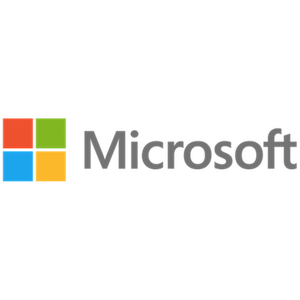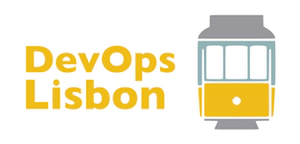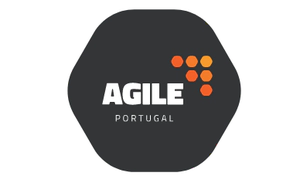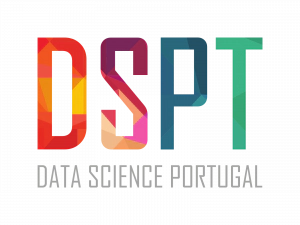Product Teams Need A Family Too - Fundamental Team Topologies for Flow
So you’re trying to move from agile project teams to business-aligned product teams. Everyone from the CEO to middle management is on board. Yet somehow it’s not that easy, is it? You’ve just about figured out how to split infrastructure responsibilities between teams when the next great tech for cost-effective scalability is out there and it doesn’t fit in the new model. Oh, and let’s not forget that products X and Y have no automated tests since they were developed by temporary project teams.
The underlying questions are: What are the product team’s responsibilities? How do they interact with other teams and when? The fundamental team topologies provide a framework for thinking about and aligning teams with an expected set of behaviors and responsibilities. In other words, they clarify the teams’ purpose and ways of working.
We recommend four fundamental team topologies, each with a well defined purpose and responsibilities. Along stream-aligned teams (of which product teams are a subset), the other three topologies recommended are platform, enabling, and complicated subsystem. This family of topologies provides the support system necessary for product teams to thrive.
In this talk we will see what each of these topologies brings to the table and how they enable organizations to quickly evolve and respond to both new technology and business requirements over time. We will also map some common team types in the industry to the fundamental topologies, highlighting how the same team can be either a pattern or an anti-pattern depending on the context around them.
Speaker

Manuel Pais
Speaker
Manuel Pais is an independent DevOps and Continuous Delivery Consultant, focused on team design, practices and flow. He helps organizations define and adopt DevOps and Continuous Delivery
...

































